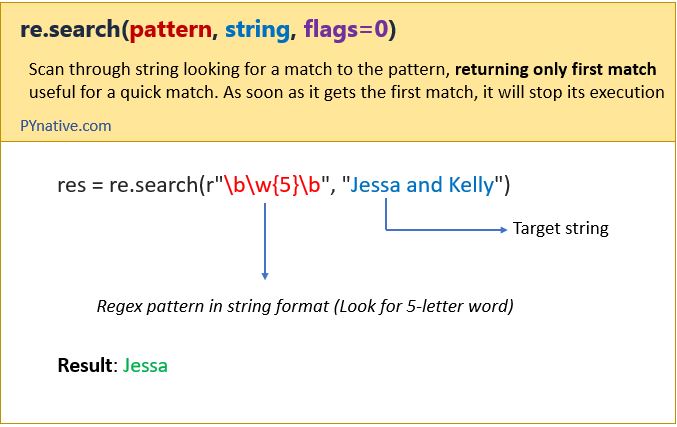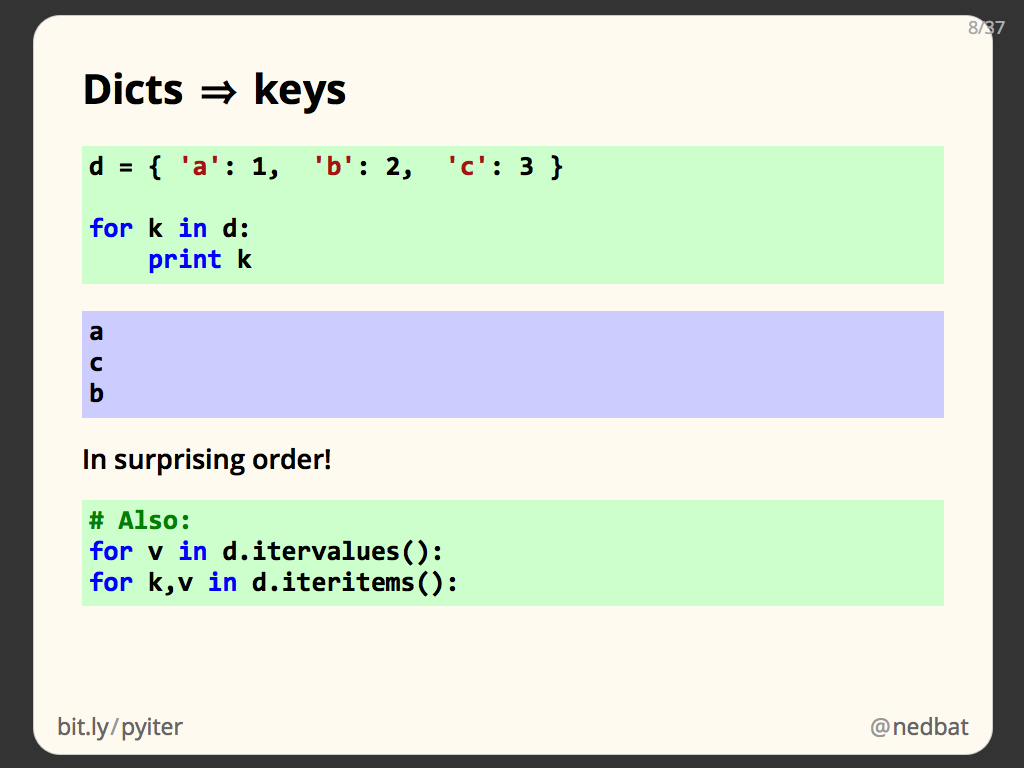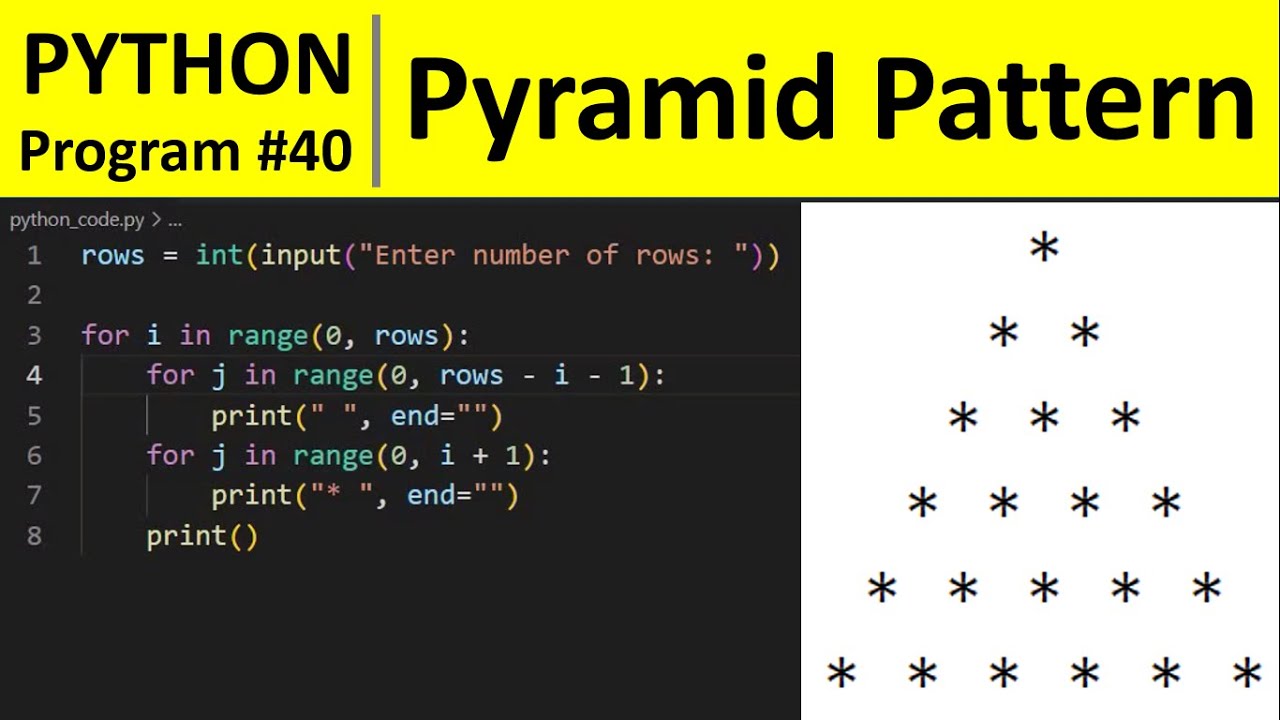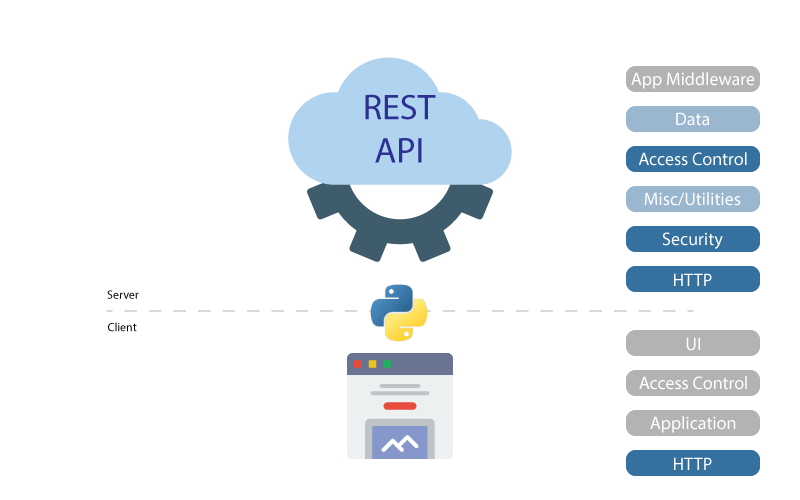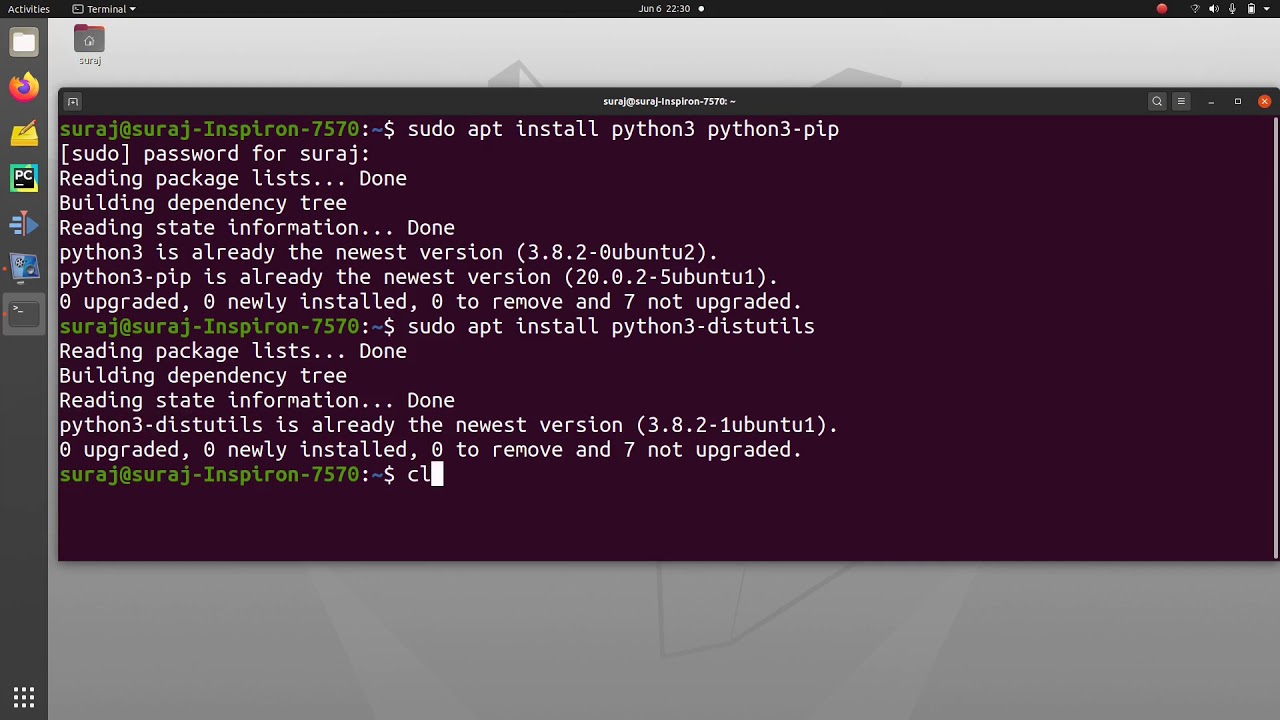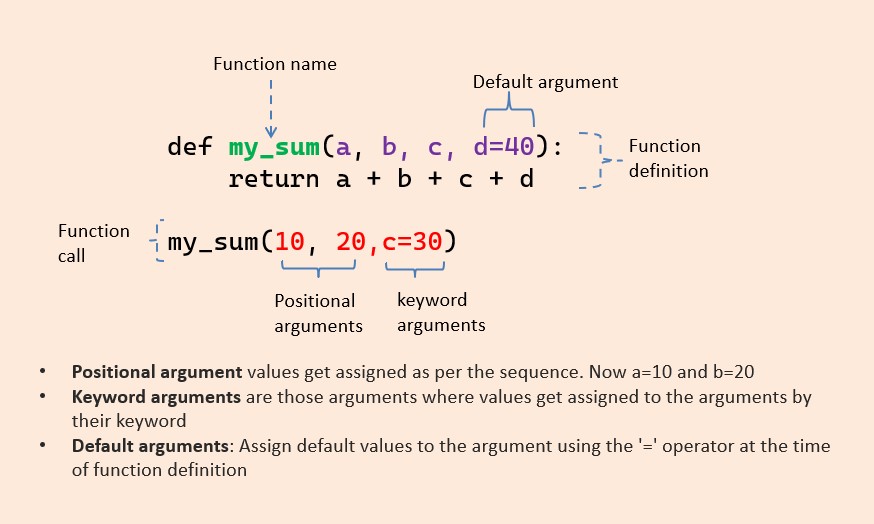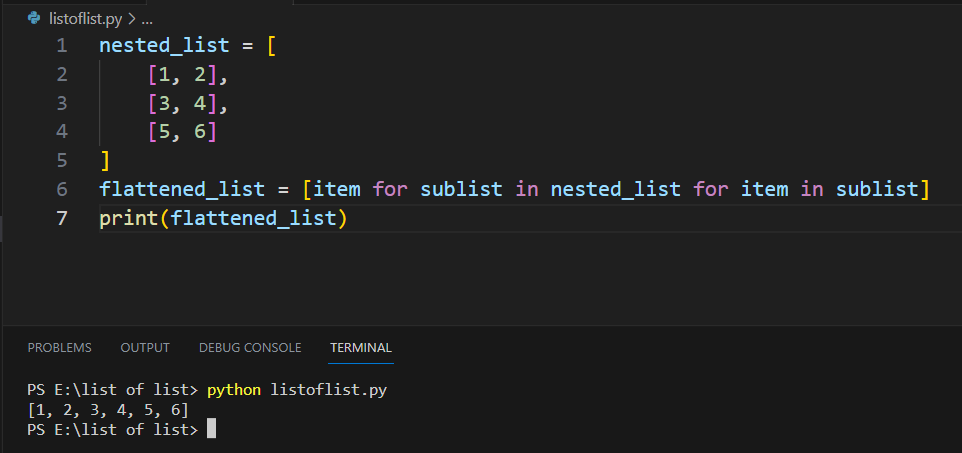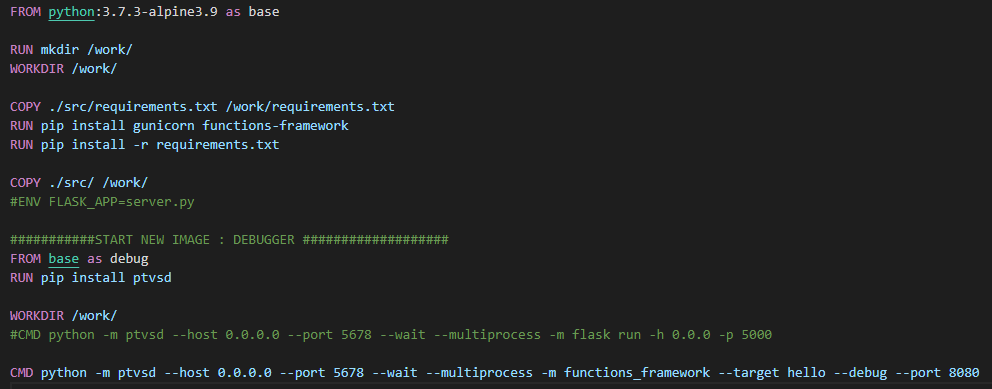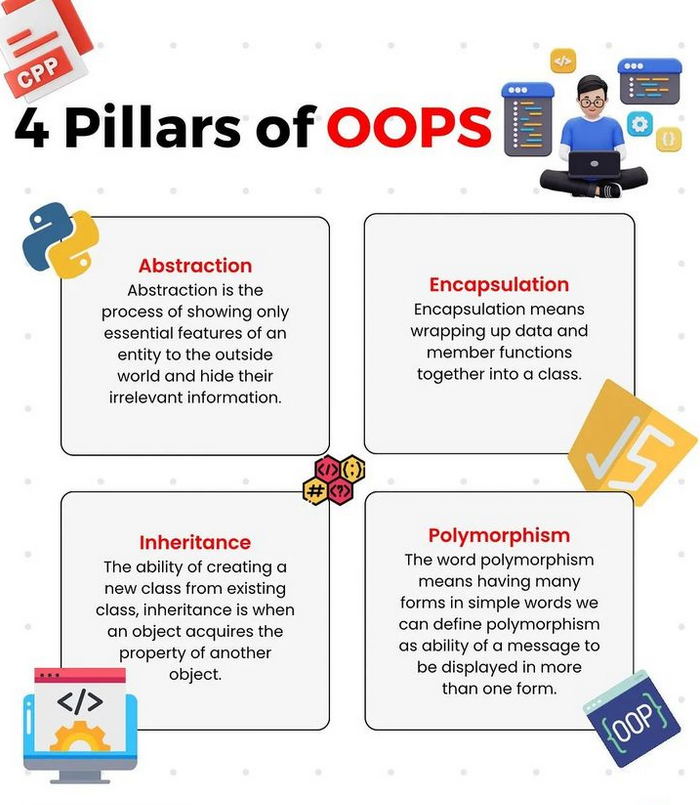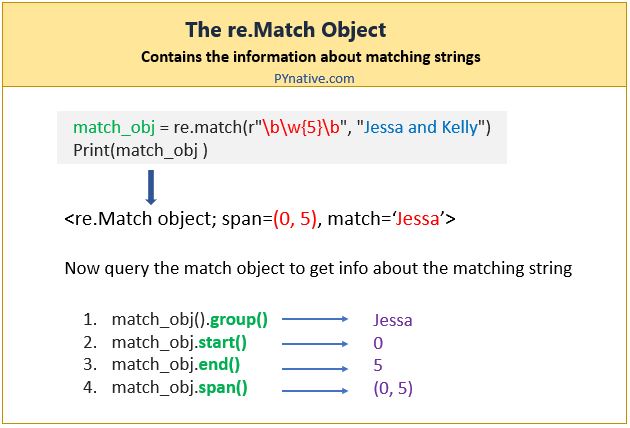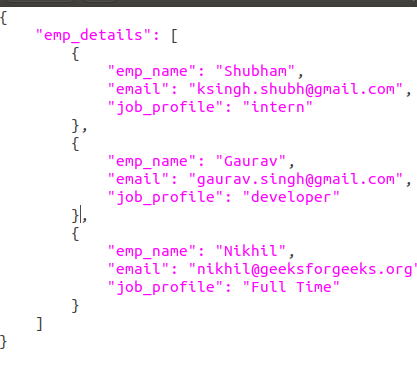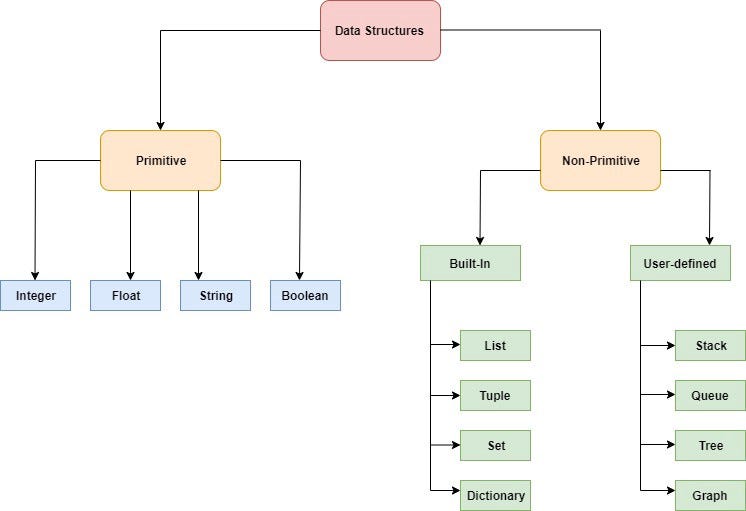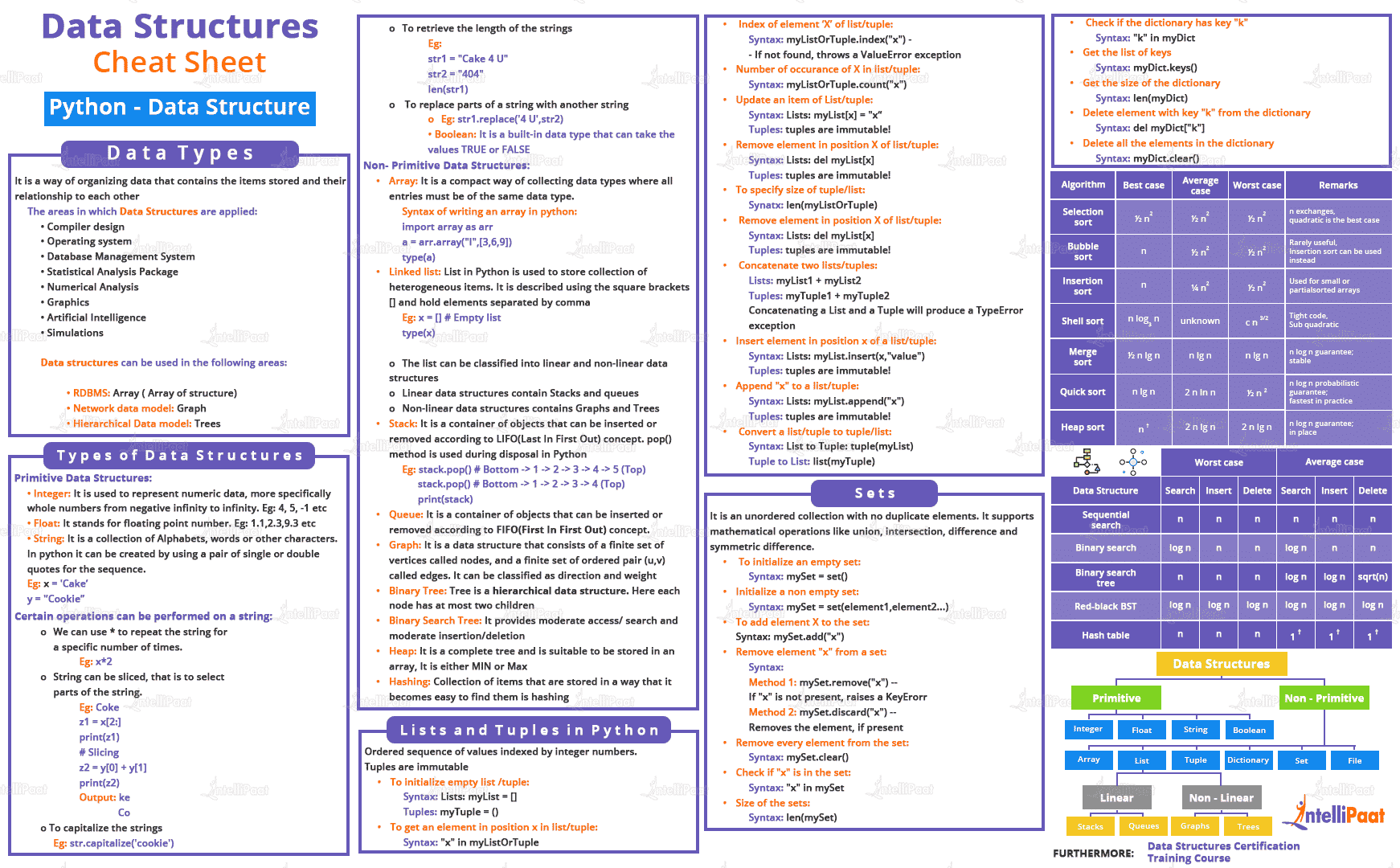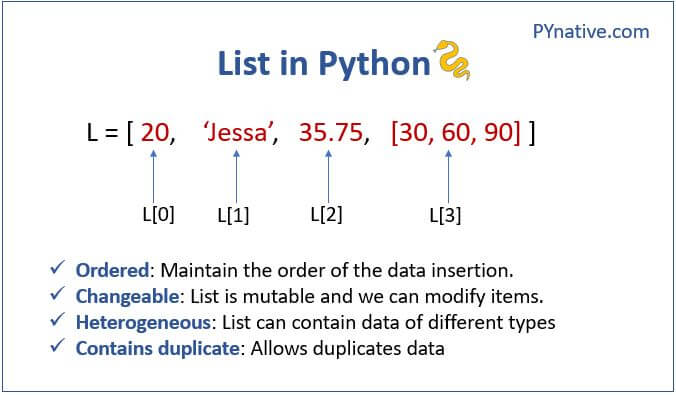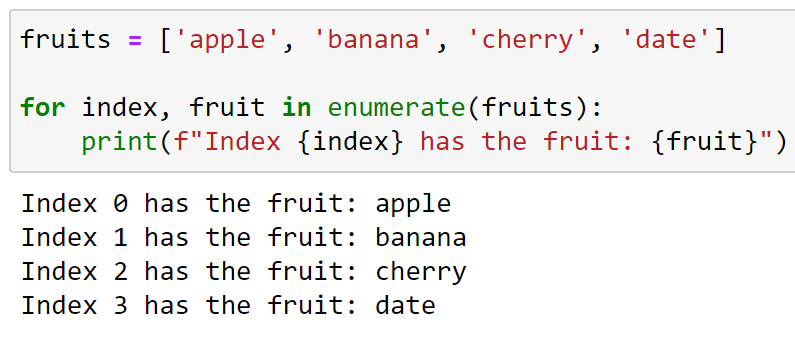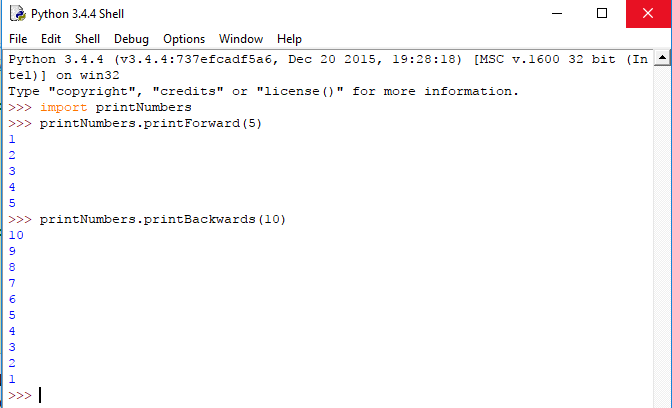Is unittest included in Python?
Is unittest included in Python?
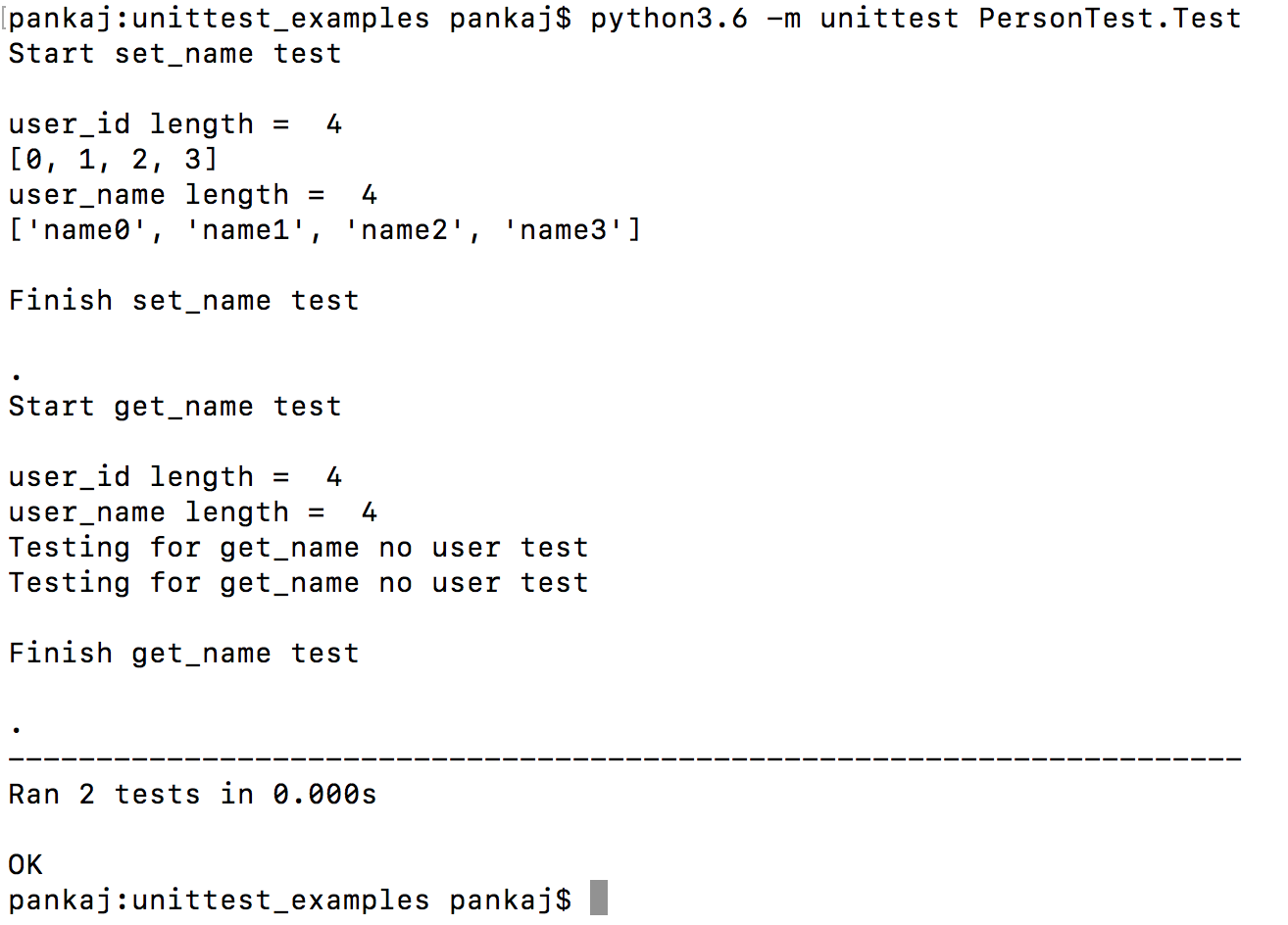
Yes, unittest is a built-in module in Python that provides a rich set of tools for constructing tests.
The unittest framework is the standard unit testing framework that comes with the Python standard library. It's designed to be easy to use and provides a lot of features out of the box. Here are some reasons why you might choose to use unittest:
Easy to learn: The API is straightforward, making it simple for new users to start writing tests quickly.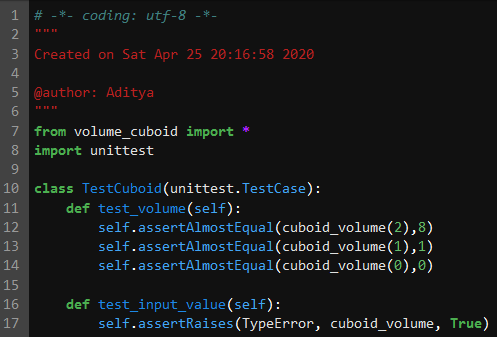
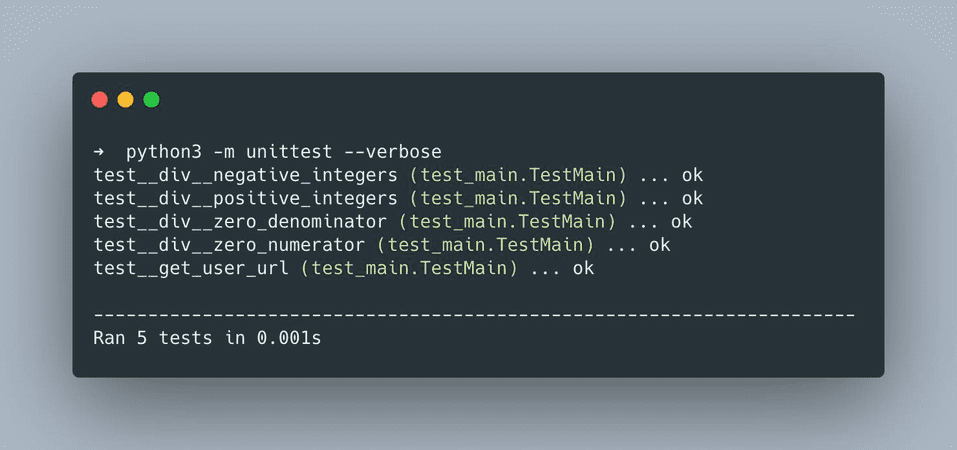
Some key features of the unittest framework include:
Test suites and tests: Unittest allows you to define test suites, which are collections of related tests. This makes it easy to organize your tests and run them together. Setup and teardown methods: These allow you to perform setup and teardown actions for each test, such as setting up a testing database or cleaning up after a test. Assert statements: Unittest provides several types of assert statements that you can use to check the behavior of your code. This includes assertions likeassertEqual, assertTrue, assertFalse, and more. Test discovery: The unittest framework includes a test discovery mechanism that makes it easy to find all the tests in a project.
Here's an example of how you might write a simple test using unittest:
import unittest
class TestMyFunction(unittest.TestCase):
def test_my_function(self):
result = my_function(3, 4)
self.assertEqual(result, 7)
if name == 'main':
unittest.main()
In this example, we're defining a simple test for a function called my_function. The test calls the function with some inputs and then uses the assertEqual method to check that the result is what we expect.
Overall, unittest provides a lot of value as a testing framework for Python. Its ease of use, rich set of features, and well-documented API make it an attractive choice for anyone who needs to write tests for their code.
How to install unittest in Python
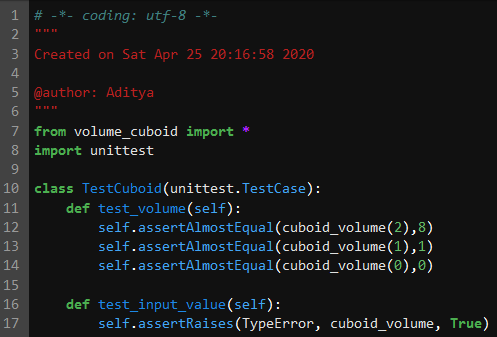
To install the unittest module in Python, you can use pip, which is the package installer for Python. Here are the steps:
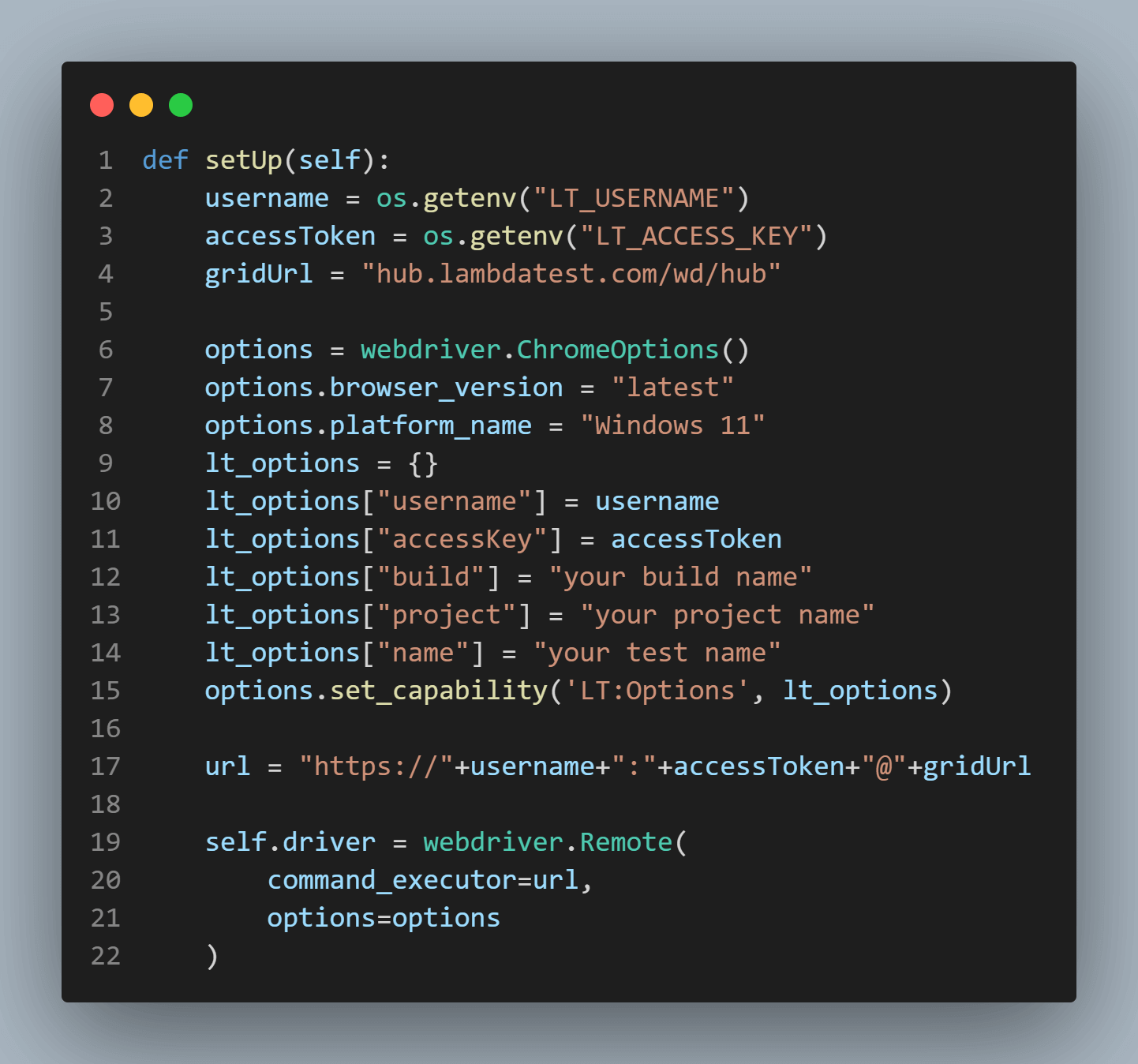
unittest module. This is usually your project directory.
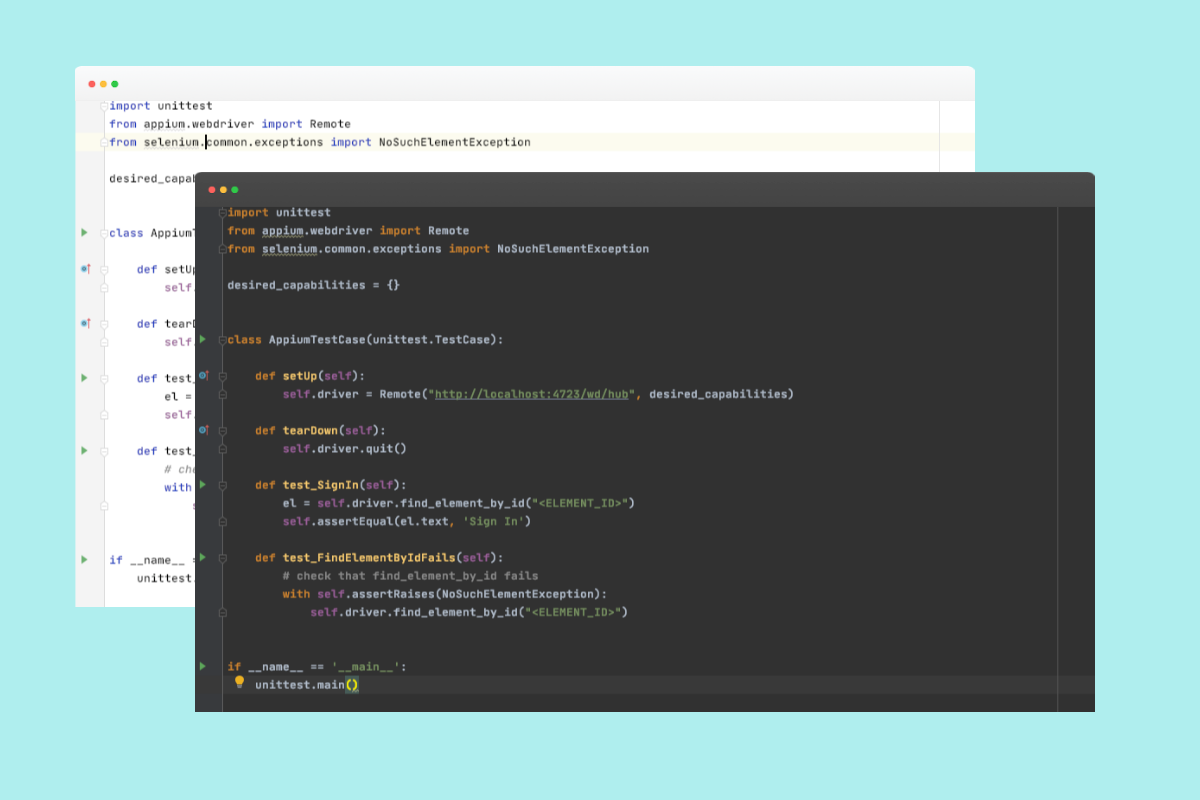
unittest module: pip install unittest Press Enter to execute the command. pip will download and install the unittest module along with any dependencies it requires. Once the installation is complete, you can verify that the unittest module is installed by typing: python -c "import unittest; print(unittest.__file__)" If everything went smoothly, this command should output the path to the unittest module file. This indicates that the unittest module was successfully installed.
Note: Make sure you have pip installed and configured properly on your system before running this command. You can check if pip is installed by running pip --version. If pip is not installed, you can download it from the official Python website and follow the installation instructions for your operating system.
Now that you have installed the unittest module, let's take a look at how to use it in your Python program. Here are some basic steps:
unittest module: import unittest Next, define a test case class by subclassing unittest.TestCase. In this class, define methods that start with the name test, such as test_my_function(). These are your individual tests. Each test method should include code to exercise the functionality you want to test, followed by assertions to verify the expected behavior. Finally, create an instance of the test case class and run it using the unittest.main() function: unittest.main()
Here's a simple example:
import unittest
class TestMyFunction(unittest.TestCase):
def test_my_function(self):
result = my_function(2) # assuming this is a function you want to test
self.assertEqual(result, 4)
if name == 'main':
unittest.main()
In this example, we define a TestMyFunction class that has one test method test_my_function. In this method, we call the my_function with an argument and assert that it returns the expected result.
This is just a basic overview of how to install and use the unittest module in Python. For more information, you can refer to the official Python documentation or the unittest module's documentation.




